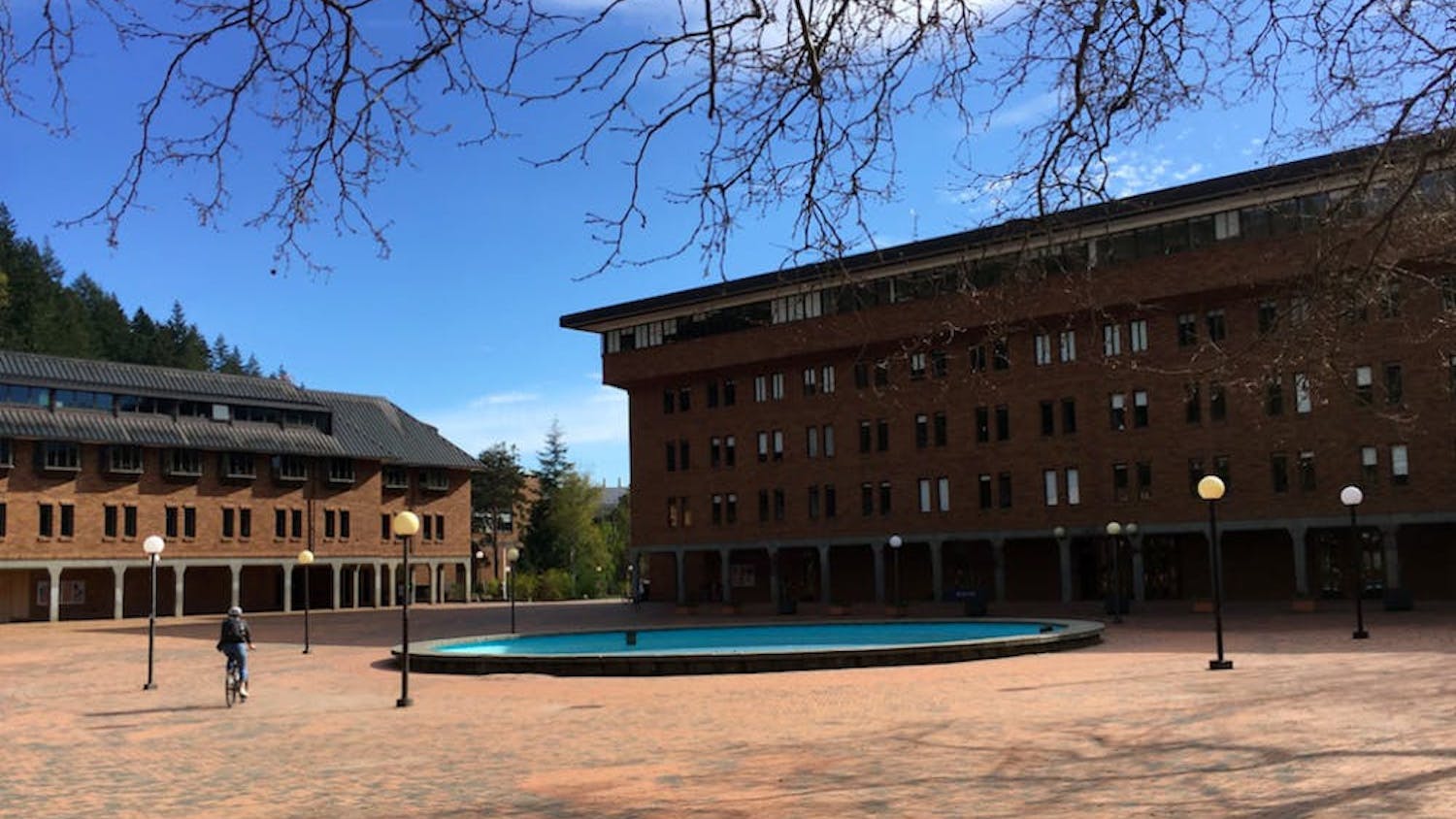Submission from Anna Marie Yanny, neuroscience major We’ve all felt it. Our heart flutters when looking into our crush’s eyes. Our cheeks flush when cuddling with a significant other during a movie. Our trust in a relationship is strengthened when we get through tough conversations and come out with a solution. And our brains release oxytocin. Scientists have referred to oxytocin as the “love hormone,” or even the “cuddle hormone.” Our brains naturally produce this chemical when we bond with other people. Oxytocin – not Cupid – has been found hanging around when we feel trust, safety, attachment and yes, love. Ever wondered how mothers love so unconditionally? Oxytocin is a part of it. According to scientists, including researchers from the Institute of Translational Medicine in Liverpool, the brain releases oxytocin when a mother gives birth. This helps form the mother-child bond, which ensures the child is nurtured at the beginning of its life. Scientists from Bar-Ilan University in Israel and Yale found that new couples had higher oxytocin levels than single folks. The couples with the most oxytocin in their system were more likely to still be dating 6 months later, compared the other couples. These scientists are unsure if this is because high oxytocin levels cause people to stay together, or if people who release lots of oxytocin tend to stay in long relationships. Regardless, because of this experiment, many scientists now believe that oxytocin is involved in romantic attachment. Could be a reason why your roommate’s partner is always around the house. Some scientists have found that humans release oxytocin during sexual arousal and orgasm. Navneet Magon, a gynecologist, and Sanjay Kalra, an endocrinologist, summarized a few of these studies in their article The orgasmic history of oxytocin: Love, lust, and labor. Many scientists also think oxytocin has a hand in monogamous behavior. Sue Carter, director of the Kinsey Institute at Indiana University, found that oxytocin helps prairie voles, a species that mates for life, pick their life-long mates. In a 2017 study, Dr. Carter added that oxytocin’s effect on bonding may lead to protective behaviors in the presence of a threat. Ever had someone say they would stand by you no matter what? Could be the oxytocin talking. In response to scientific findings like these, Vero Labs is selling an oxytocin spray advertised to “create lasting attraction” and “increase intimacy.” Could this be a real life love potion? Many scientists think we shouldn’t buy into this, as the long-term effects of oxytocin spray are unknown. So you probably shouldn’t go out and buy this “love potion.” It could have some weird side effects in the long run. However, there is no denying that oxytocin plays a role in our close bonds and sense of safety with those we love. Keep them close this Valentine’s Day. And next time you think you’ve got chemistry with someone, remember – it could be oxytocin.





